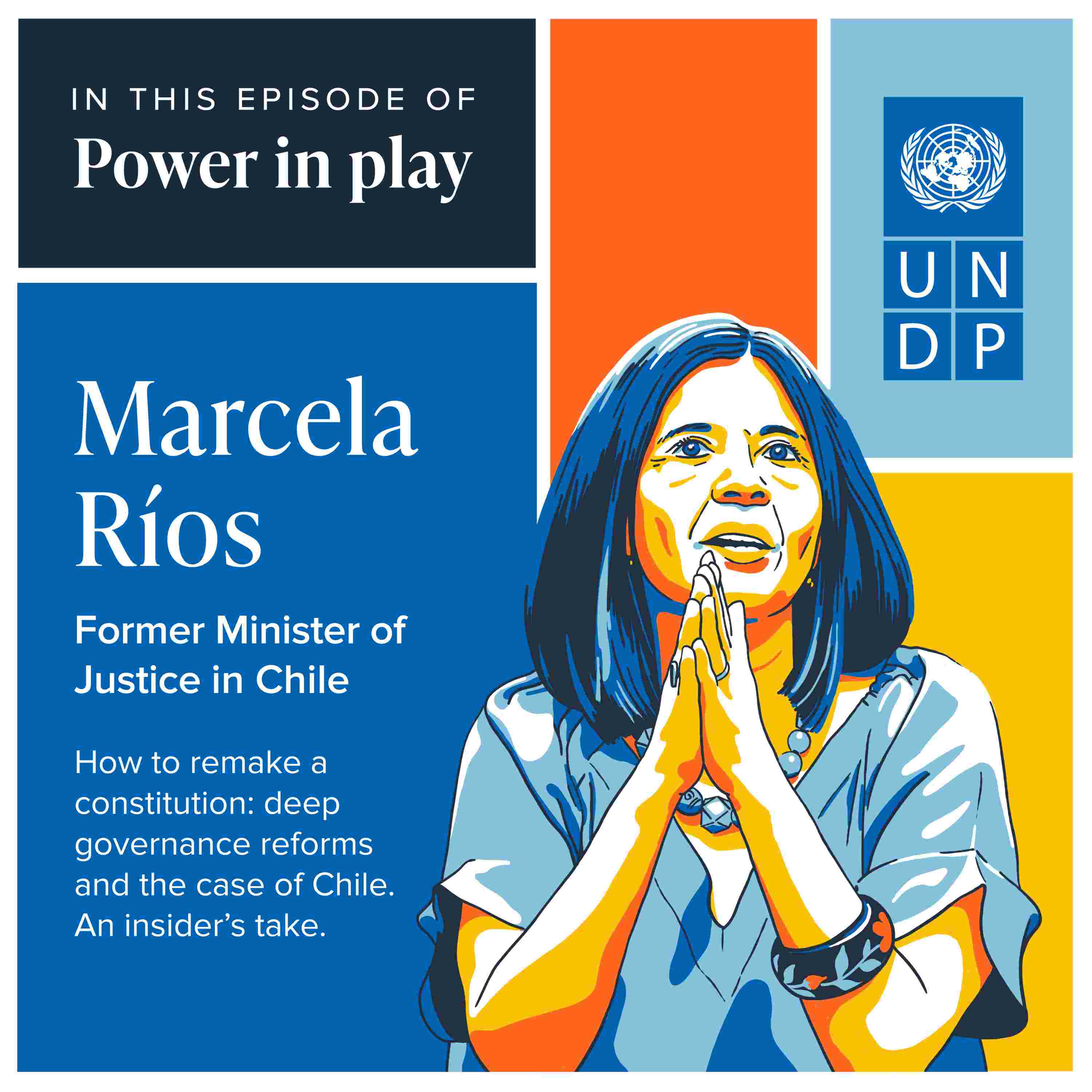

In this episode we examine how challenging it is to undertake deep governance structure reform. Constitutions form the basis of governance institutions, and are therefore a good place to start to understand how reform can be brought about. In this episode we talk about the case of Chile to understand these challenges better. In 2019 a popular uprising began that called for broad reforms, including a new constitution. In September 2022 a majority of Chileans rejected a new constitutional draft that would have replaced the existing one that dates to the Pinochet dictatorship. What were the main lessons learned from this process? We invite Dr. Marcela Rios, who was Minister of Justice in Chile for the critical first year of the new government that was expected to deliver on reforms. Dr. Rios has over twenty years of governance related experience, and served in UNDP for almost 15 years. As a practitioner, policymaker and researcher, she specializes in democracy, governance, public policy and institutional design with a gender focus. In this episode we get her reflections on her time as Minister of Justice and the role of legitimacy in transition processes. Furthermore, we invite two experts to reflect on the conversation with Dr. Rios. Benedicte Bull and Alfredo Zamudio bring their unique perspective and discuss what the world can learn from these processes in Chile.
The views expressed on this podcast are of the individuals and do not necessarily represent those of the United Nations, including UNDP, donor agencies, or the UN Member States. The designations employed and the presentation of the information in this podcast do not imply the expression of any opinion whatsoever on the part of the United Nations Development Programme - concerning the legal status of any country, territory, city or area or of its authorities, or concerning the delimitation of its frontiers or boundaries.